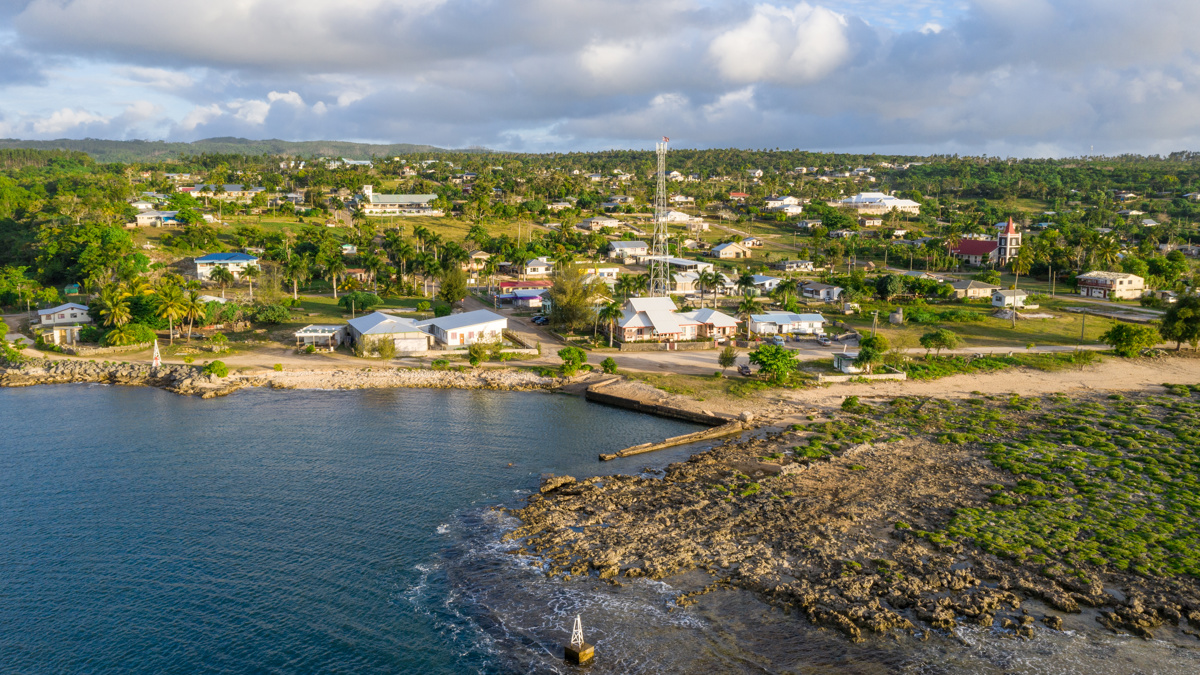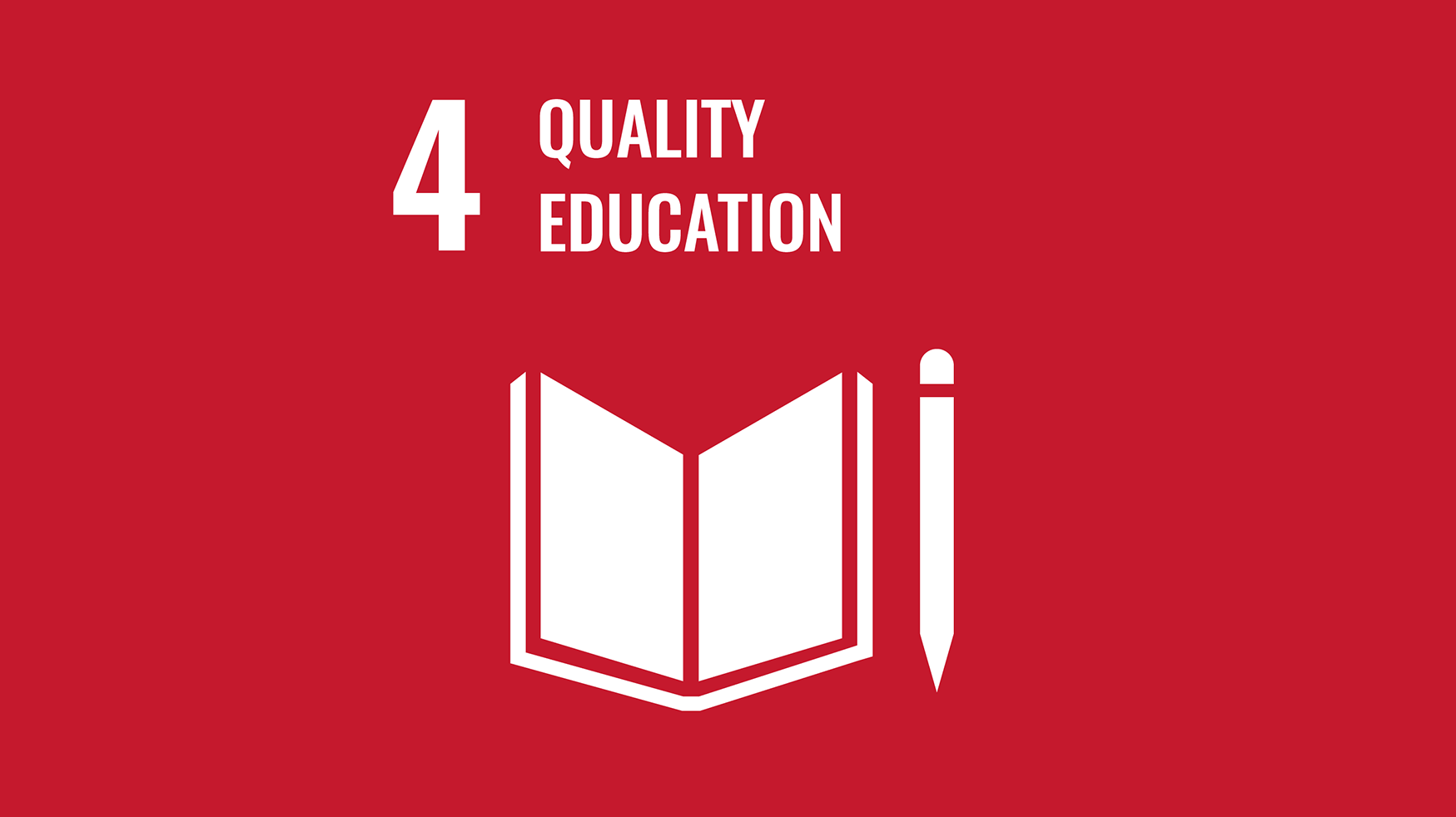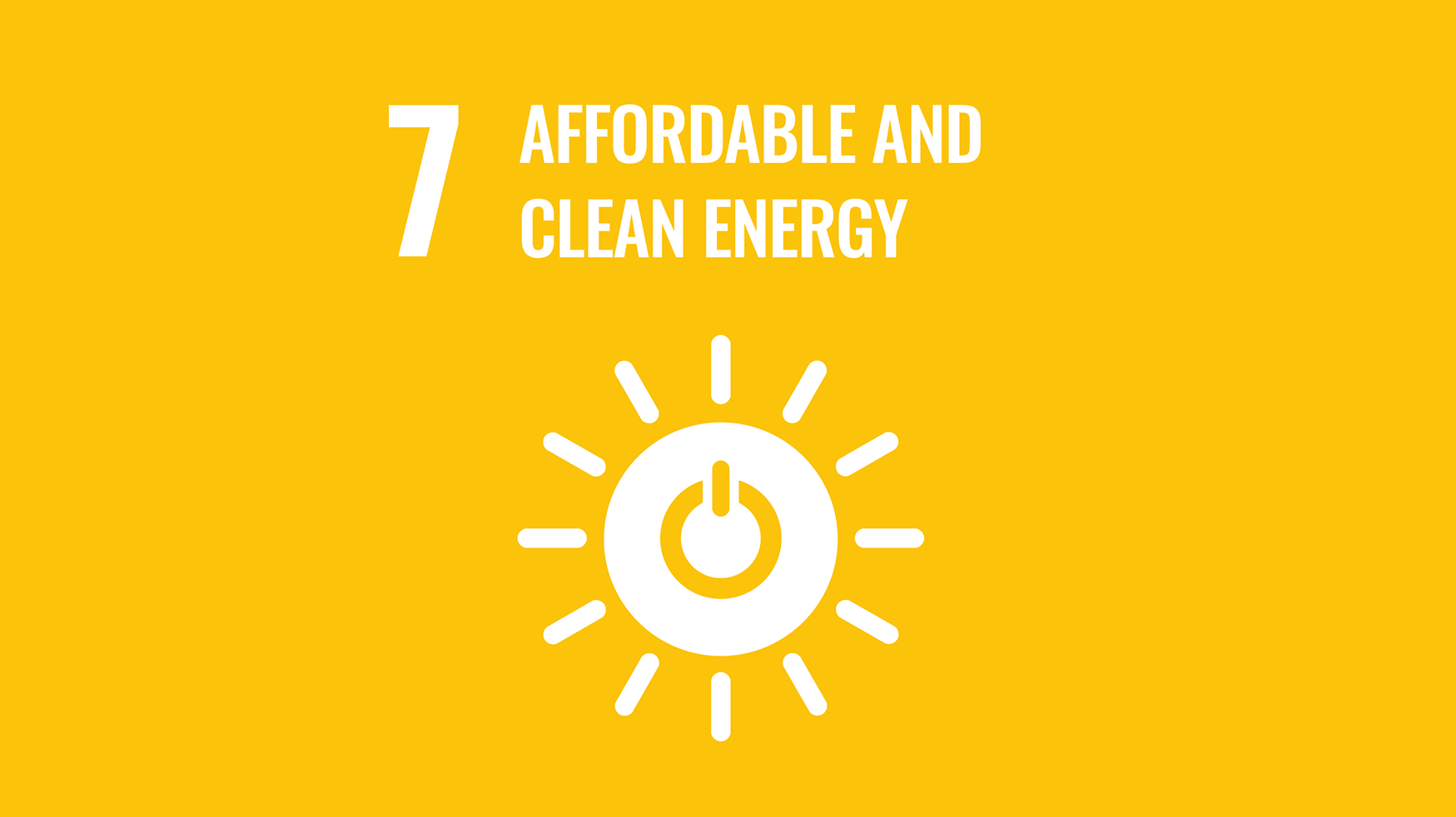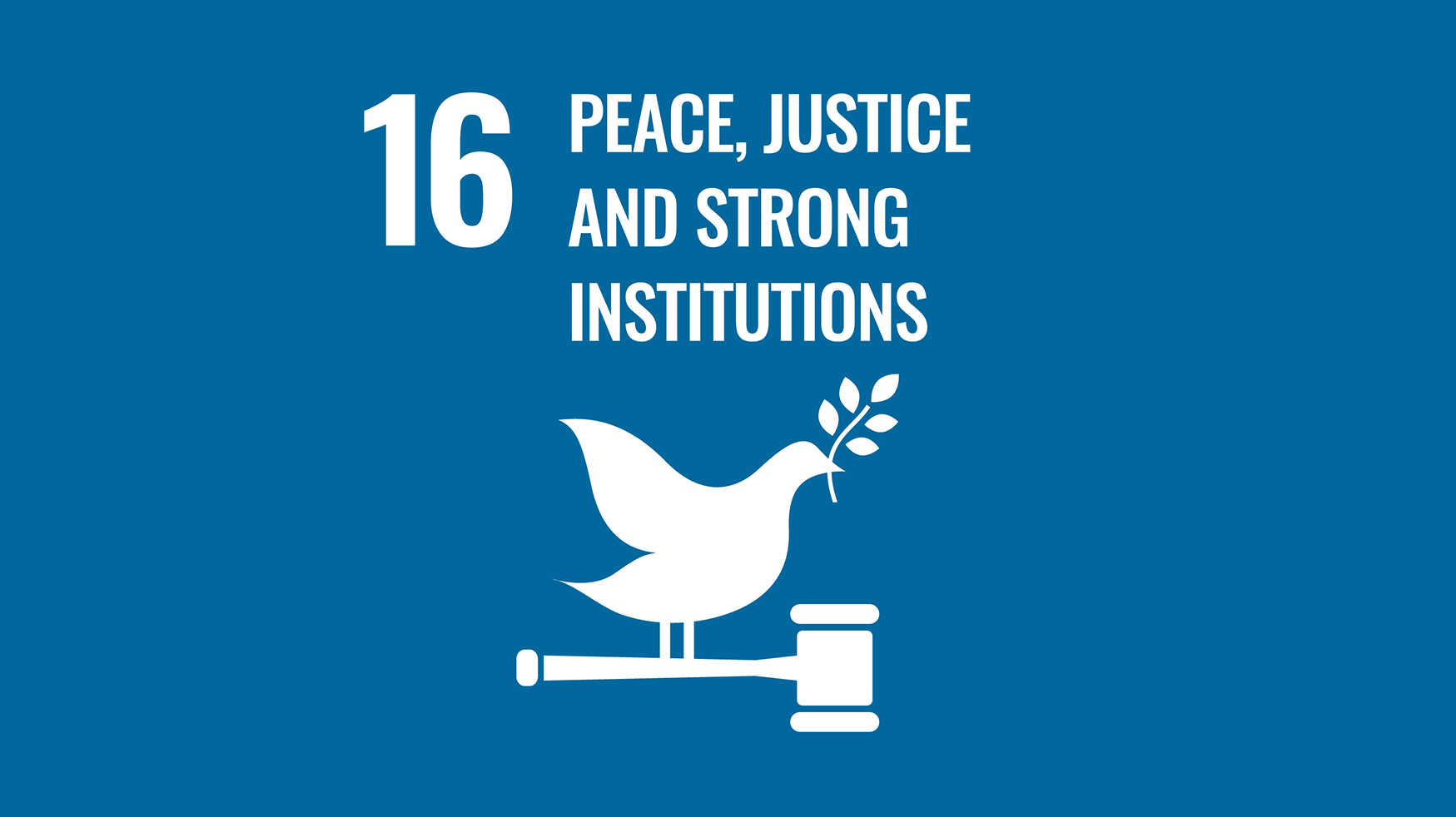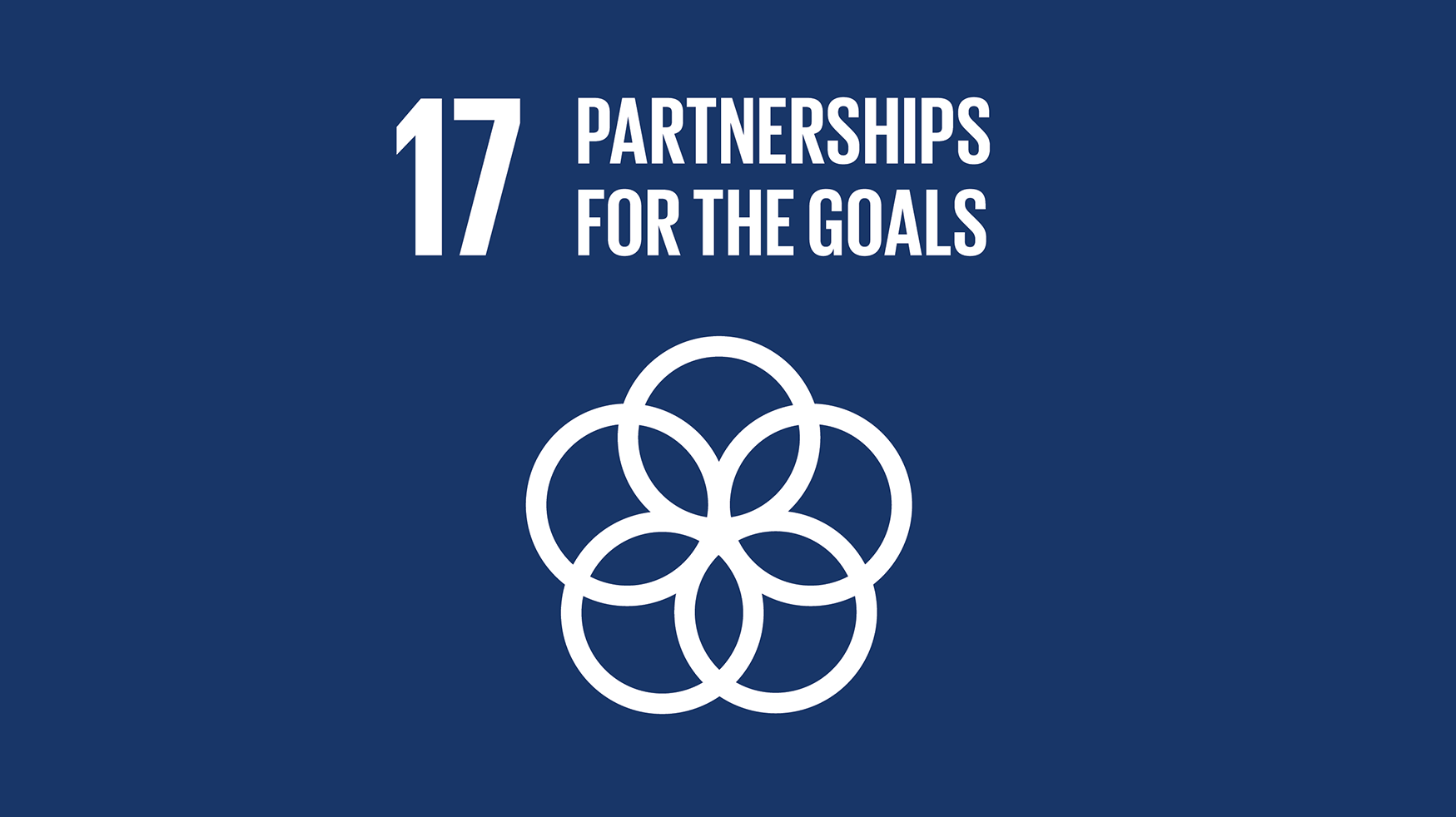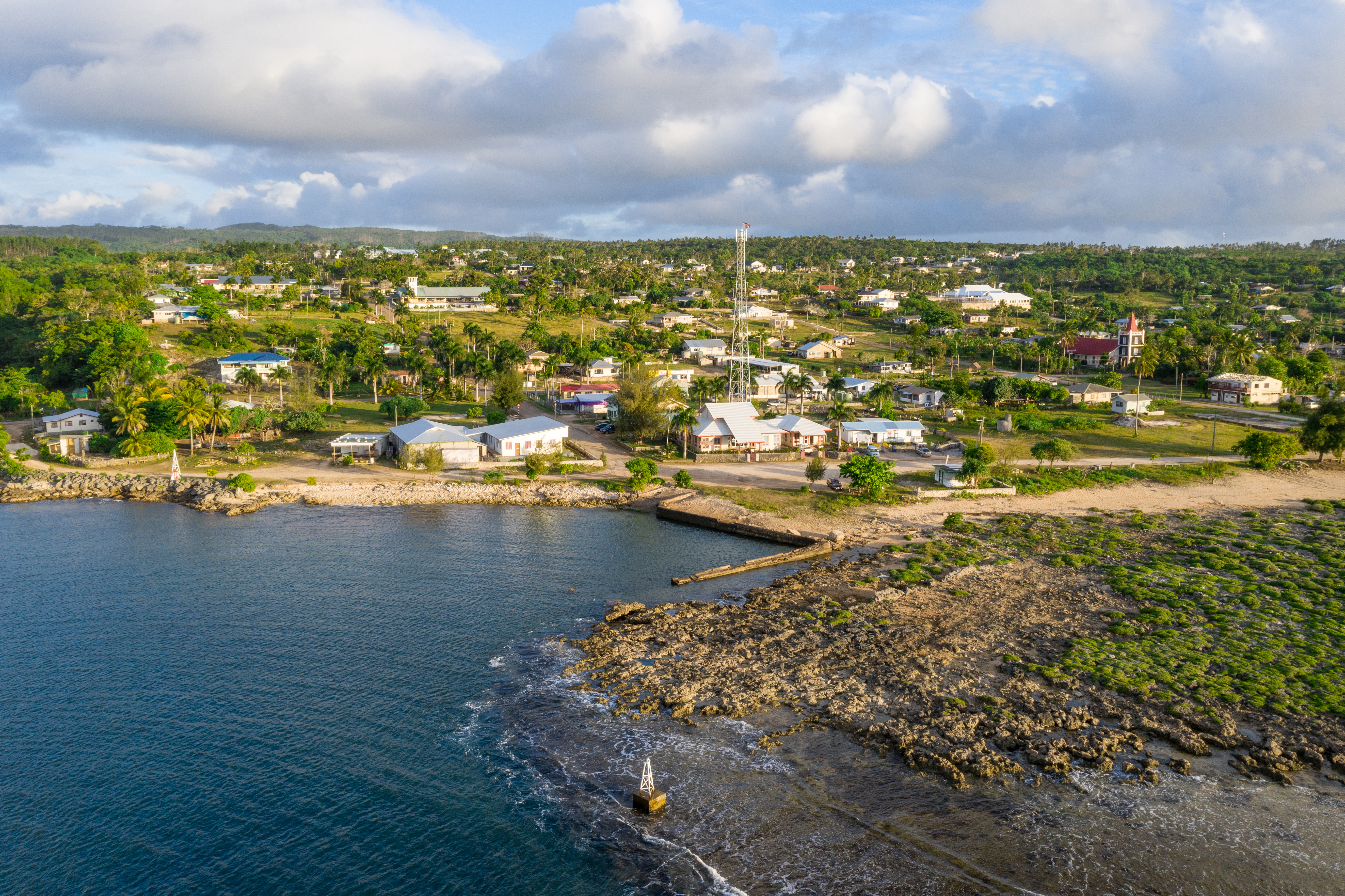
In recent years, the Kingdom of Tonga has gradually diversified its economy, with growth in tourism and manufacturing. However, the energy sector continues to face challenges from a fragmented institutional setup, outdated regulations, and over-reliance on imported diesel. Limited grid capacity, affordability issues, and increasing complexity also delay reliable energy access. The TONGA – Technical Assistance to the Energy Sector project, funded by the EU, addresses these challenges by supporting the implementation of the Energy Act 2021 and the Tonga Energy Roadmap Plus (TERM Plus). This project accelerates Tonga’s transition from diesel-based energy to a resilient, renewable system. Efforts focus on enhancing institutional capacity, improving energy data management, and fostering private sector involvement to ensure long-term energy security and sustainable development across urban and remote areas. Inclusive energy reforms promote equitable opportunities and improve the quality of life for all Tongan communities.

Implementation
NTU is using a phased approach to support Tonga’s energy sector reform, starting with conducting stakeholder mapping, institutional analysis, and participatory assessments to identify gaps in implementing the Energy Act 2021 and TERM Plus. Stakeholders are engaged through workshops and consultation to build consensus and identify capacity-building priorities.
During the Implementation Phase, NTU strengthens institutional capacity by advising key energy institutions on governance structures, merging regulatory bodies, and developing clear frameworks for policy implementation. Tailored capacity-building plans and guidance on evidence-based decision making are provided. A centralised energy database is also being developed to enhance regulatory frameworks and promote private sector investment through Public-Private Partnerships.
By engaging government institutions, the private sector, and local communities, NTU ensures transparency, capacity building, and alignment with international best practices for a sustainable energy sector in Tonga.
Expected Impact
-
The design of unified institutional structures and regulatory pathways supports the operationalization of the Energy Commission and enhances sector governance, leading to more efficient energy management.
-
Targeted training and skills gap analysis empower institutions like the Department of Energy and the Energy Commission to effectively manage reforms and implement data-driven policies.
-
Gender-responsive policies and improved energy data systems foster equitable participation, transparency, and stronger stakeholder engagement in Tonga's energy transition.
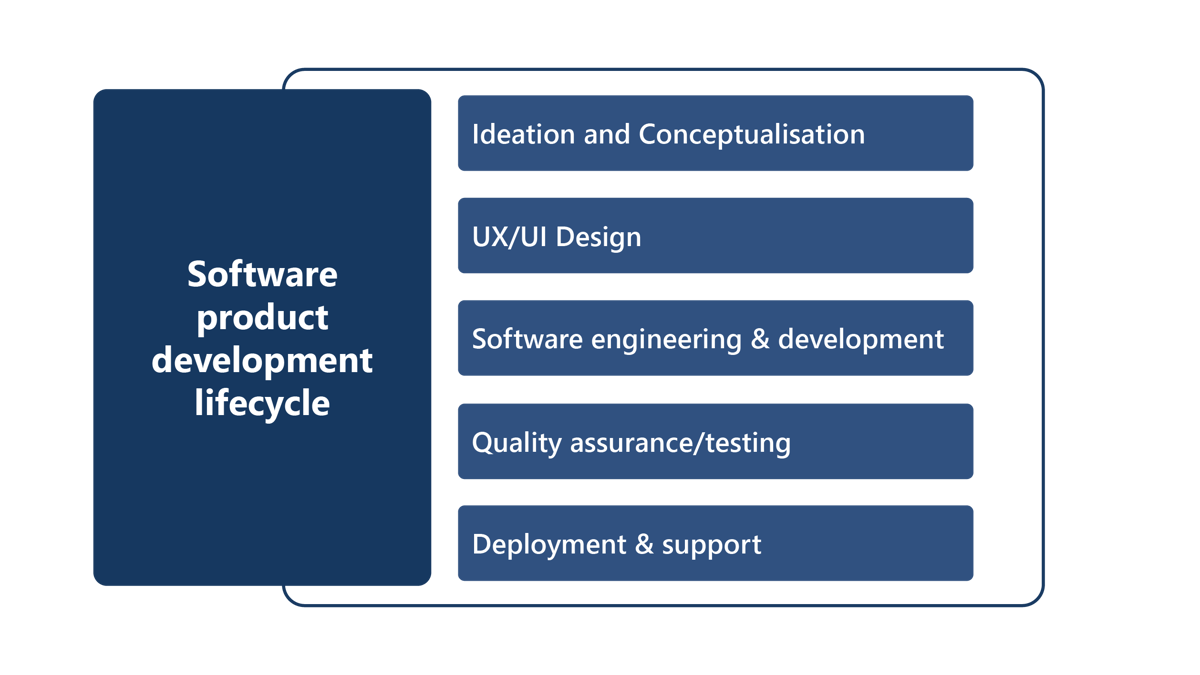
SDGs
This project contributes to the following Sustainable Development Goals (SDGs):

